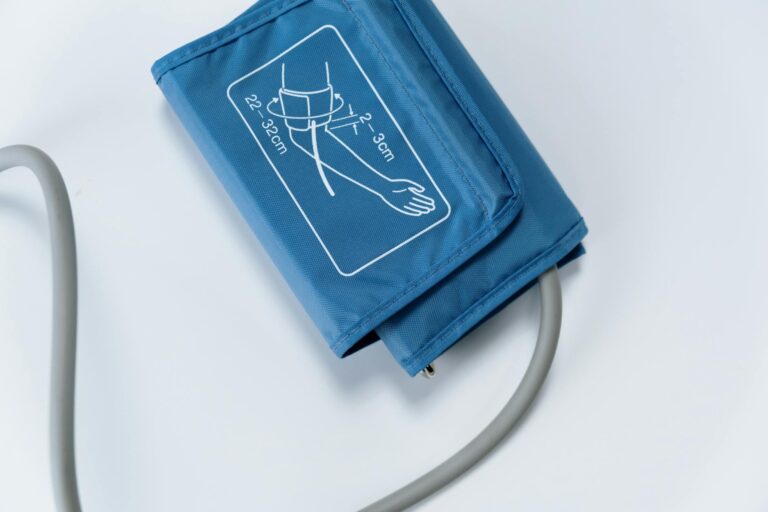The Unbelievable Promise of AI-Driven Digital Twins in Personalized Dementia Care
Imagine a world where technology can help us better understand and manage complex health conditions like dementia. This is becoming a reality thanks to AI-driven digital twins, which are revolutionizing the way we approach personalized healthcare. Digital twins are essentially digital replicas of real-world objects or systems, but in the context of healthcare, they can be used to simulate and predict the behavior of the human body.
### How Digital Twins Work in Healthcare
In healthcare, digital twins can be used to create detailed models of patients’ bodies and health conditions. These models are updated in real-time with data from various sources, such as medical records, wearable devices, and environmental sensors. This allows healthcare providers to monitor patients’ health more effectively and make predictions about future health issues.
For example, in the case of heart conditions, digital twins can simulate how medications might affect a patient’s heart rhythm, helping doctors choose the best treatment options without risking the patient’s health[3]. Similarly, in dementia care, digital twins can help track cognitive decline and predict potential complications, enabling early intervention and personalized treatment plans.
### AI-Driven Digital Twins in Dementia Care
AI plays a crucial role in enhancing the capabilities of digital twins. By integrating machine learning algorithms, digital twins can analyze vast amounts of data to identify patterns and trends that might not be apparent to human observers. This means that AI-driven digital twins can learn from patient data over time, refining their predictions and recommendations for care.
In dementia care, AI-driven digital twins can simulate different scenarios to predict how a patient might respond to various treatments or lifestyle changes. This allows caregivers to tailor interventions to each patient’s unique needs, potentially slowing down cognitive decline and improving quality of life.
### The Future of Personalized Dementia Care
The potential of AI-driven digital twins in dementia care is vast. They could enable healthcare systems to respond more effectively to individual needs, reducing the burden on caregivers and improving patient outcomes. Moreover, by automating some aspects of care, digital twins could help address the growing demand for personalized healthcare services.
As technology continues to evolve, we can expect to see even more innovative applications of AI-driven digital twins in healthcare. Whether it’s predicting disease progression, optimizing treatment plans, or enhancing patient safety, these digital replicas are set to revolutionize the way we approach personalized medicine.
In conclusion, AI-driven digital twins hold incredible promise for transforming dementia care. By harnessing the power of AI and digital simulation, we can create more personalized, effective, and compassionate healthcare systems that improve lives and push the boundaries of what is possible in medical care.





